Eric Trump appeared to mix up the hot topic of tariffs with sanctions during a Nov. 25 interview. The Fox News blunder went unchallenged on air, but not on social media.
Naming China, Mexico, and Canada as top priority targets, Donald Trump’s son spoke about the president-elect’s divisive plans to place a 25% tax on goods imported from Canada and Mexico, and an additional 10% on imports from China. Confusingly, he said, “You want to allow drugs to come through our southern border? We’re going to tariff you.”
Sanctions and tariffs are not the same thing
Passion evident in his tone of voice and body language, he added “You want to allow them to come through Canada? We’re going to tariff you,” referring to purported drugs crossing into the U.S. Though he worded his sentiment badly, it should be noted that these tariffs will cause additional expense to American businesses and consumers importing goods, not the businesses selling them from overseas.
This is contrary to a sanction, which places a financial burden on the selling country by making it illegal for goods to enter the country altogether, which can be catastrophic to the sanctioned nation’s economy. The threat of a sanction can be used as a form of political blackmail, and its implementation has also been historically used to push political change through its consequences. In “Explain it Like I’m Five” terms, sanctions are much weightier and punitive.
Why is Trump placing tariffs on Canada, Mexico, and China?
The Trump administration’s planned tariffs, due to be signed by executive order on Jan. 20, 2025, are retaliatory. The tariffs are supposed to encourage U.S. manufacturing, bolstering the economy in theory. “All you have to do is build your plant in the United States, and you don’t have tariffs,” he said before the election.
They are also meant to persuade its largest trading partners — China, Mexico, and Canada — to agree to demands. Trump wanted China to address the reported fentanyl being imported into the U.S., but said talks were to “no avail.” And the reasons behind Mexico and Canada’s tariffs are well documented in Trump’s desire to tackle illegal immigration and drug trafficking.
The response
As reported by the BBC, Mexico’s President Sheinbaum said that threatening tariffs would not fix the drug or migration “phenomenon.” She additionally warned that Mexico would play ball, imposing its own taxes on goods imported from the U.S., which effectively would be a tit-for-tat tariff.
A spokesman for China’s embassy, Liu Pengyu, told the BBC that “China-US economic and trade co-operation is mutually beneficial in nature,” and denied that China allows fentanyl to be smuggled into the U.S.
Canadian Prime Minister Justin Trudeau said he spoke to Trump on the phone and is expected to announce an official response after discussing the matter with provincial Canadian leaders. “This is a relationship that we know takes a certain amount of working on, and that’s what we’ll do,” Trudeau told reporters in Ottawa on Nov. 26.
What’s clear as day is that the Trumps want to throw their weight around to bend international leaders’ wills. The family credits the drug and immigration issues on China, Canada, and Mexico, and says they can only be fixed with their full cooperation, which doesn’t come easily when some of those countries’ leaders argue the U.S. is shifting blame. Amid all this are everyday people, who are already struggling with the cost of living, facing unknown consequences from the chess game being played.

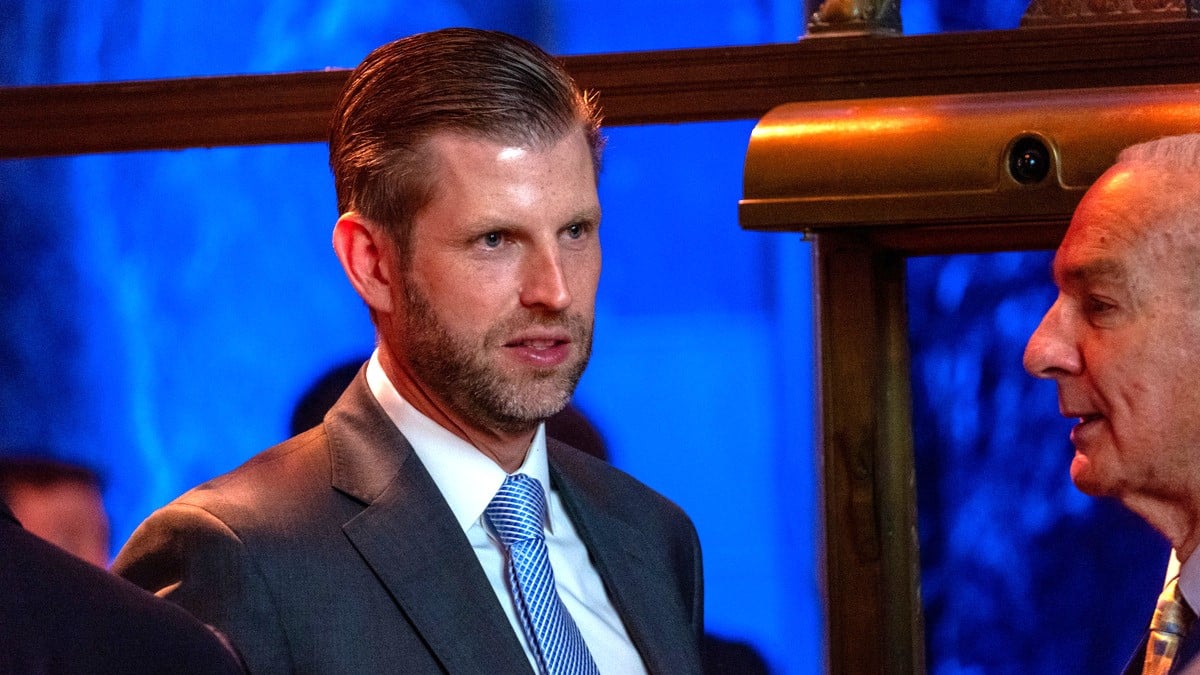

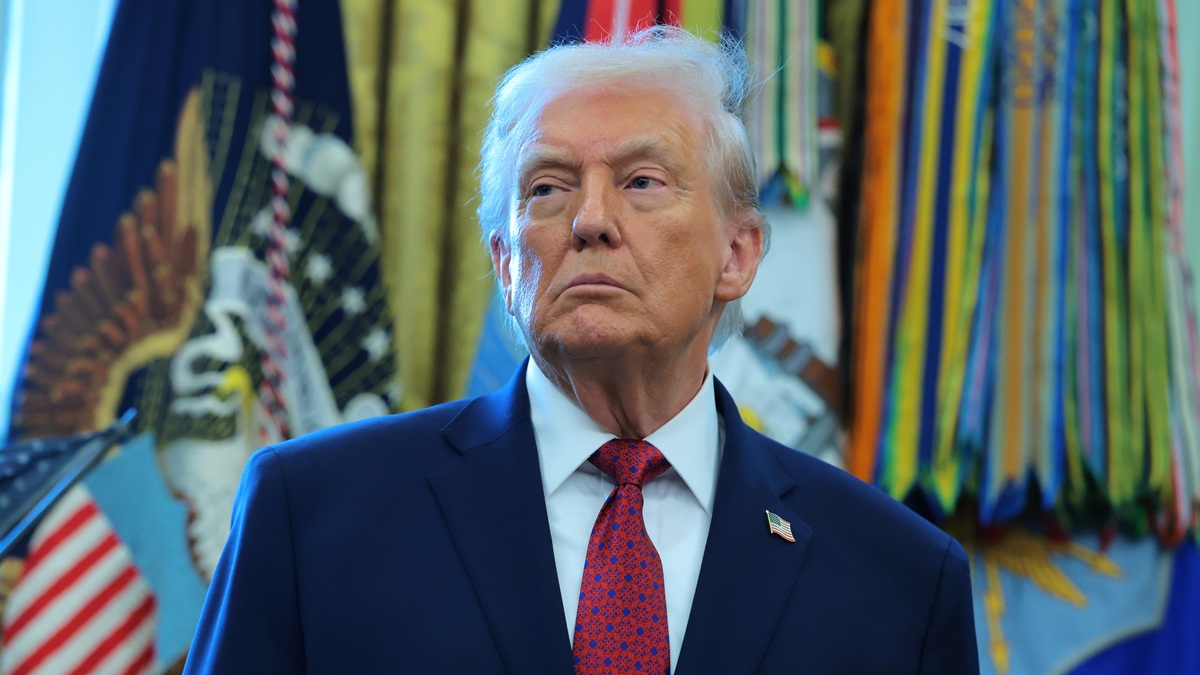

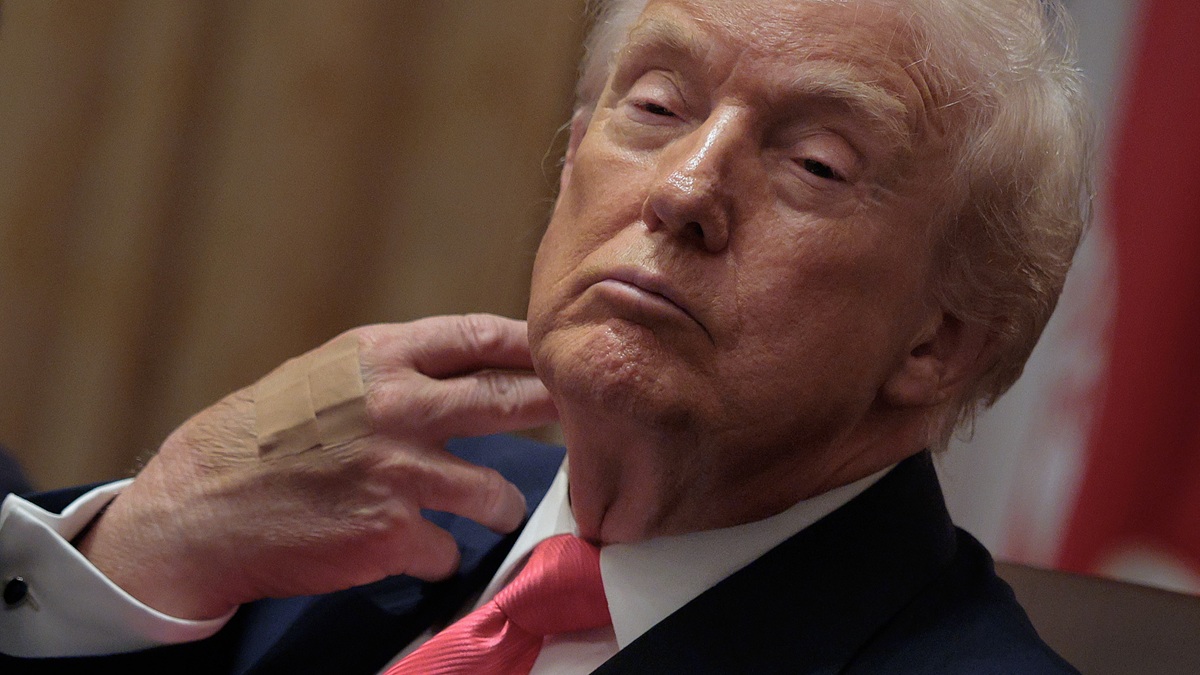
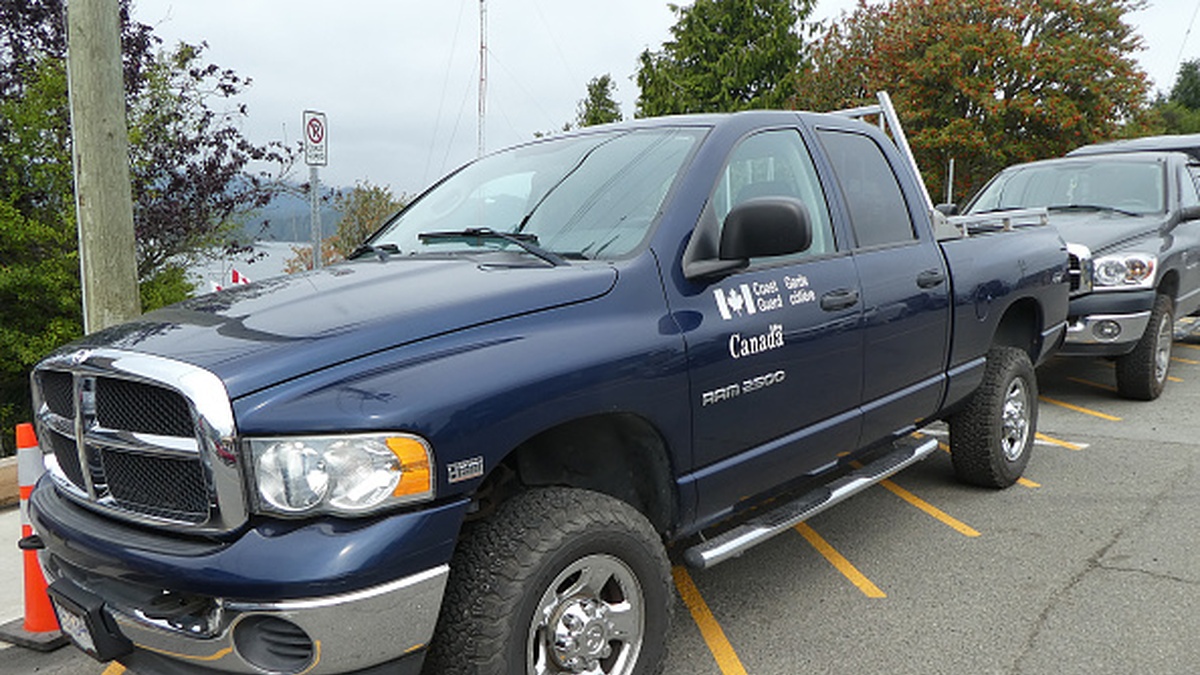
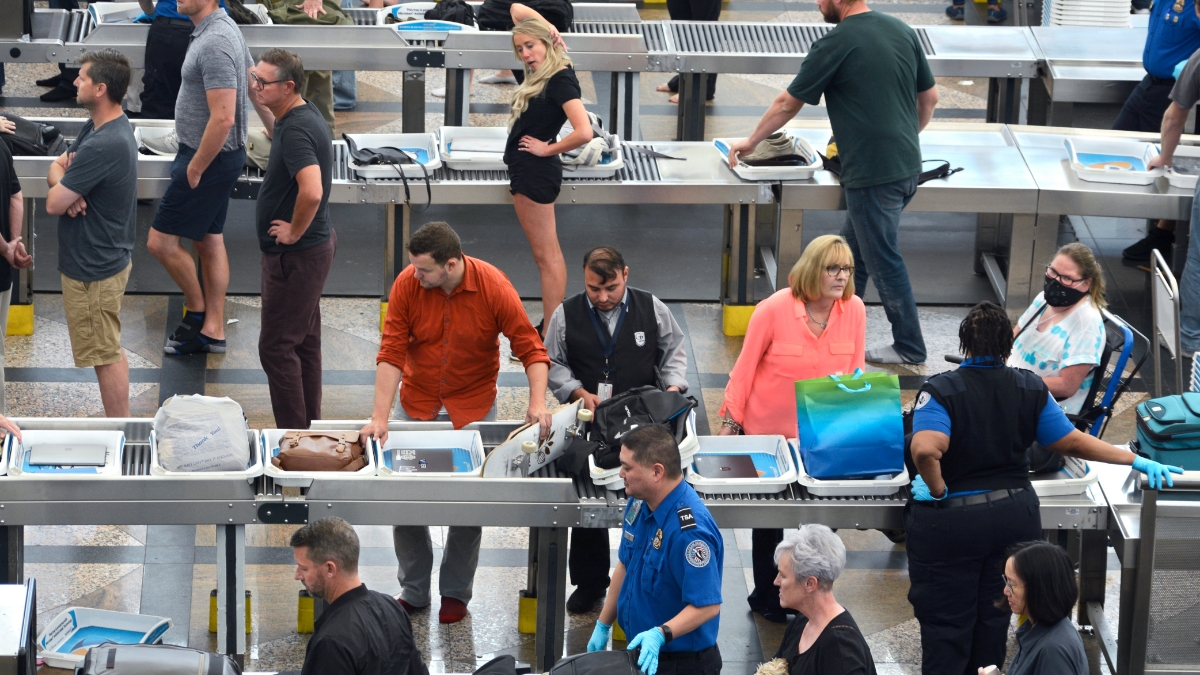

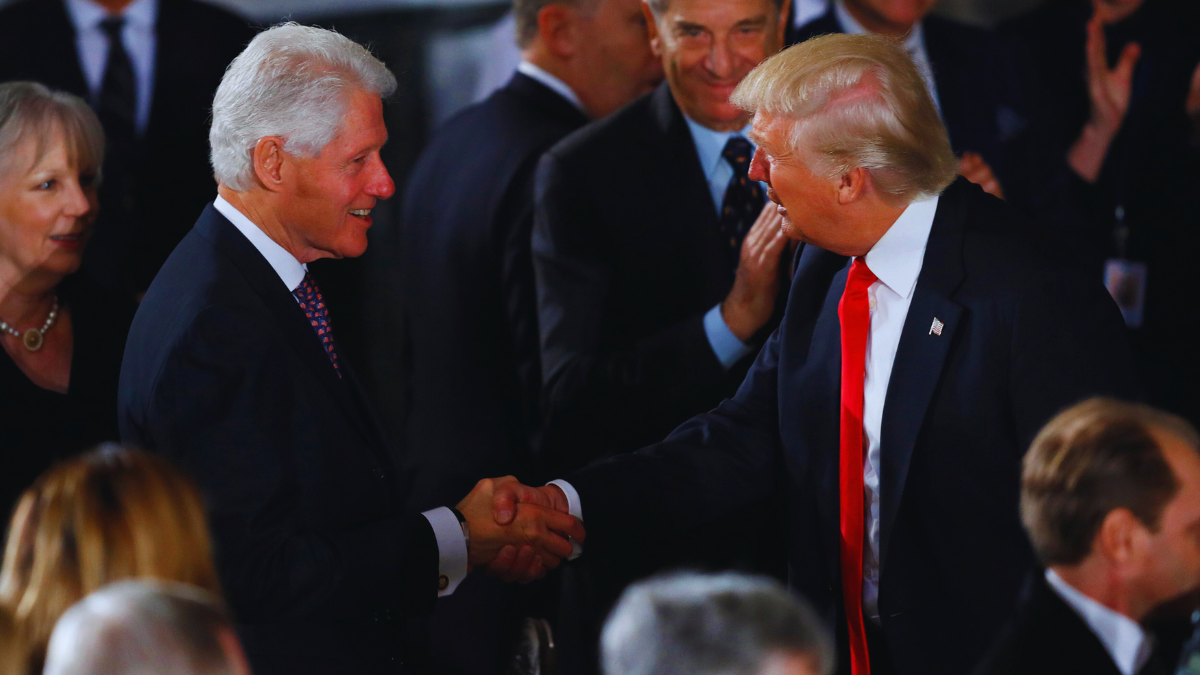

Published: Nov 28, 2024 10:25 am